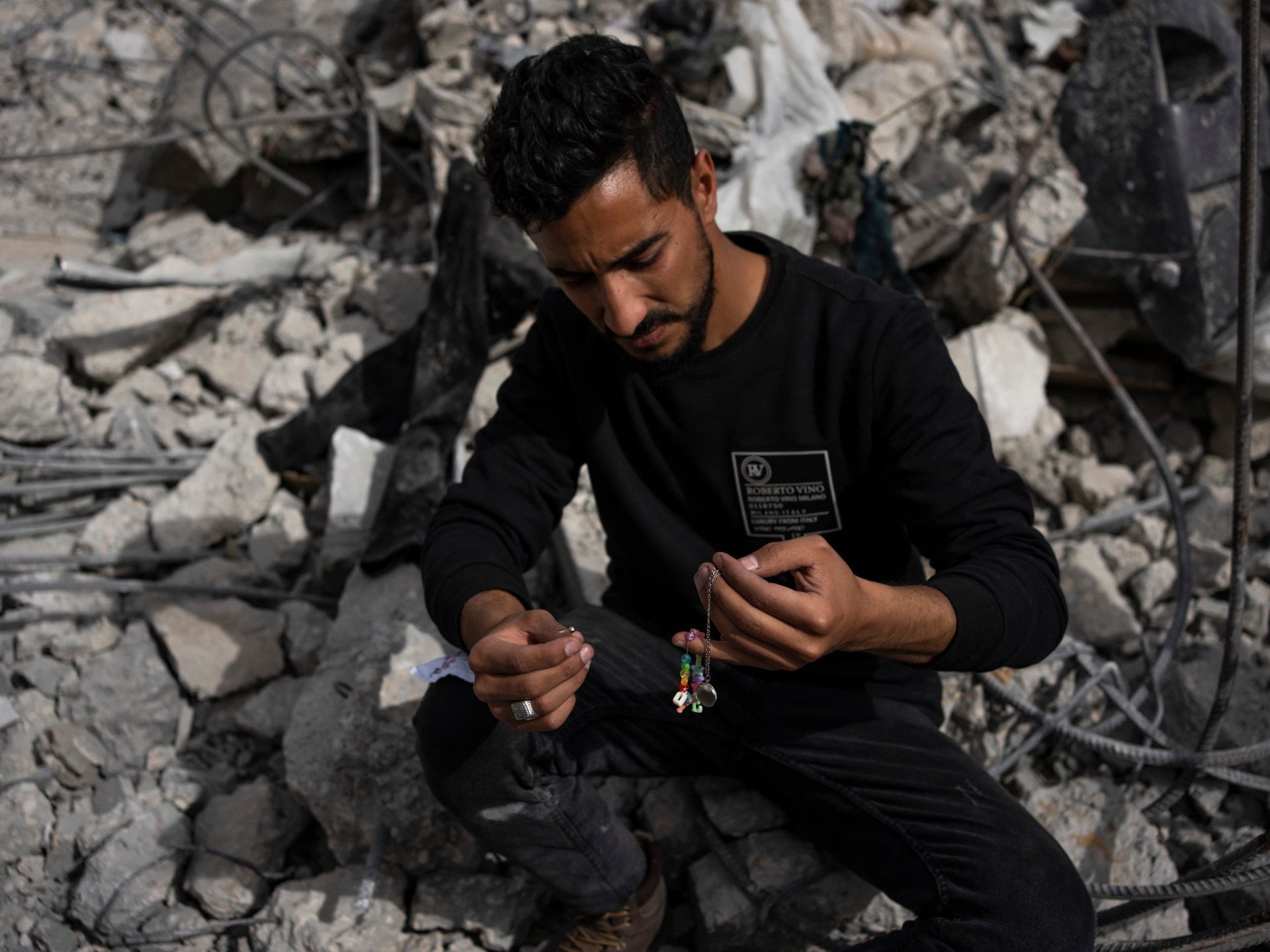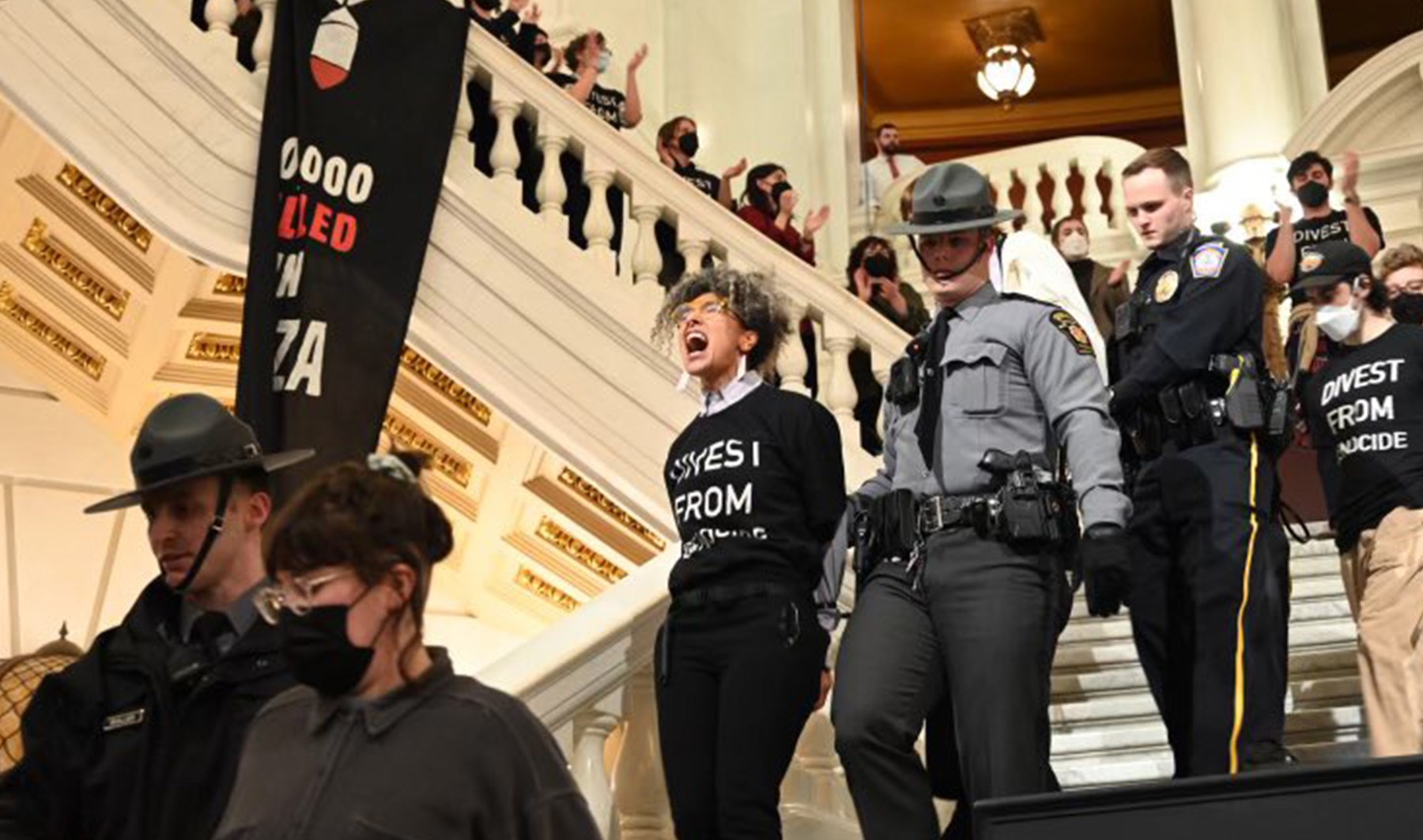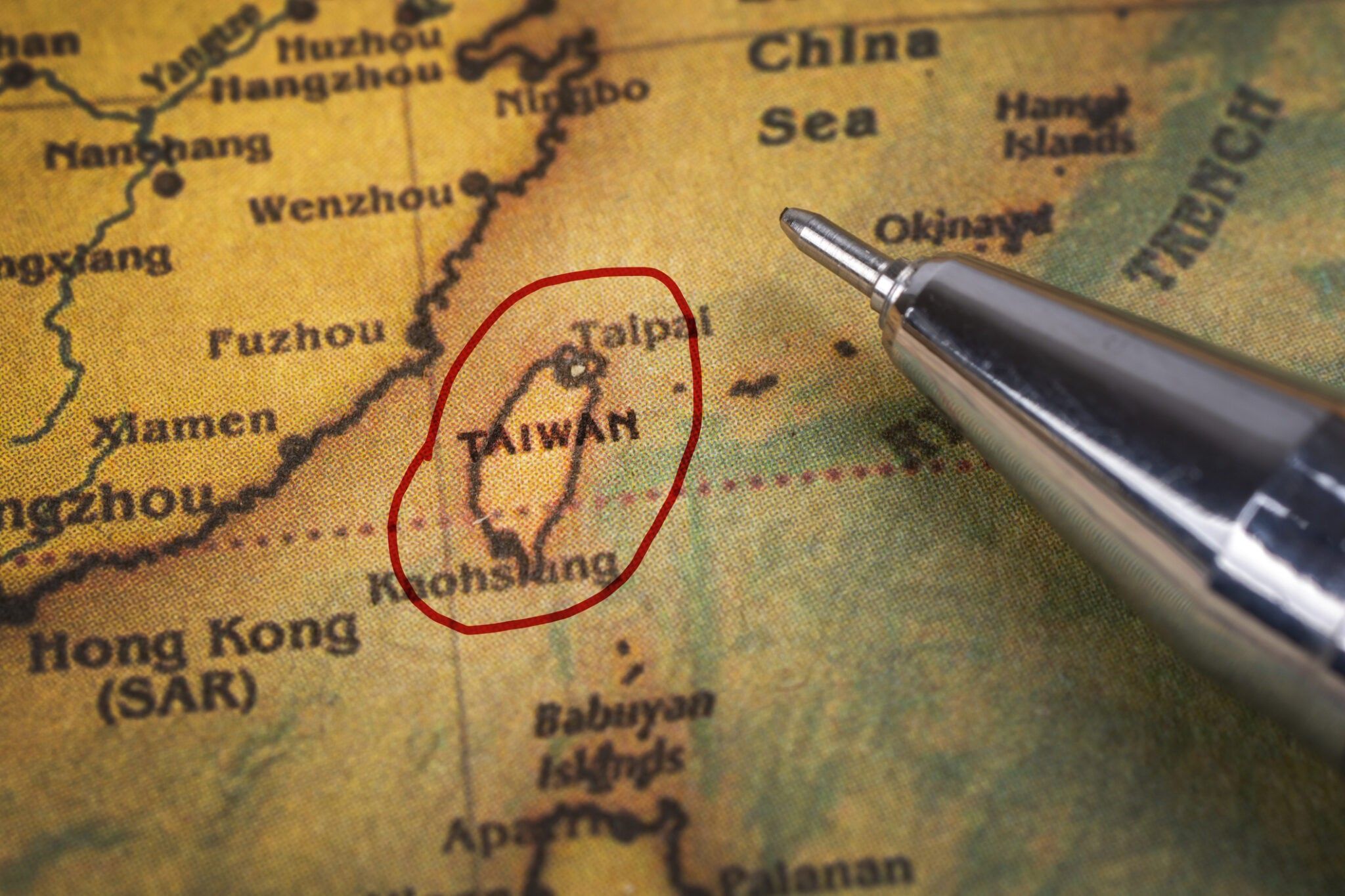Protests against China’s covid lockdowns erupt after Xinjiang fire
“There were people everywhere,” said Chen, a 29-year-old Shanghai resident who arrived at the vigil around 2 a.m. Sunday. “At first people were yelling to lift the lockdown in Xinjiang, and then it became ‘Xi Jinping, step down, Communist Party step down!’” he said, giving only his surname because of security concerns.
The immediate trigger for the demonstrations, which were also seen at universities in Beijing, Xi’an and Nanjing on Saturday, was a deadly fire in Urumqi, the capital of Xinjiang, in China’s far northwest on Thursday. Ten people, including three children, died after emergency fire services could not get close enough to an apartment building engulfed in flames. Residents blamed lockdown-related measures for hampering rescue efforts.
Officials on Friday denied that covid restrictions were a factor and said some residents’ “ability to rescue themselves was too weak,” fueling more ridicule and anger that swept across Chinese social media platforms. Residents in Urumqi, one of the most tightly controlled cities in China as a result of a broader security crackdown, turned out to protest Friday. Many waved China’s national flag and called for lockdowns to be fully lifted.
That unrest spread. On Saturday, Shanghai residents gathered for a candlelight vigil on Wulumuqi Middle Road, named after Urumqi, that turned into the demonstration. Photos sent to The Washington Post by a photographer at the scene showed protesters holding up blank sheets of paper — symbolic opposition to the country’s pervasive censorship — and placing flowers and candles for victims as the police looked on.
One person held up pieces of paper with the number ‘10’ written in Uyghur and Chinese in reference to the 10 victims in Urumqi. The crowd began passing the blank pages around.
“Everyone was holding it,” said Meng, the photographer, who only gave his surname out of safety concerns. “No one said anything, but we all knew what it meant. Delete all you want. You can’t censor what is unsaid.”
Such demonstrations are extremely rare in China, where authorities move quickly to stamp out all forms of dissent. Authorities are especially wary of protests at universities, the site of pro-democracy demonstrations in 1989 that spread across the country and ended in a bloody crackdown and massacre around Beijing’s Tiananmen Square.
At Communication University of China in Nanjing, posters mocking “zero covid” were taken down on Saturday, prompting one student to stand for hours holding a blank piece of paper in protest. Hundreds of students joined in solidarity.
Some placed flowers on the ground to honor the fire victims and chanted “rest in peace.” Others sang the Chinese national anthem as well as the left-wing anthem The Internationale. They shouted, “Long live the people.”
“I used to feel lonely, but yesterday everyone stood together,” said a 21-year-old photography student, who spoke on the condition of anonymity because of safety concerns. “I feel that we are all brave, brave enough to pursue the rights we are owed, brave enough to criticize these mistakes, brave enough to express our position.”
“The students are like a spring, pressed down every day. Yesterday, that spring bounced back up,” he said.
Videos posted on social media on Sunday show a crowd of students at Tsinghua University in Beijing holding up blank paper and chanting, “Democracy, rule of law, freedom of expression!” Through a loudspeaker, a young woman shouted, “If because we are afraid of being arrested, we don’t speak, I believe our people will be disappointed in us. As a Tsinghua student, I will regret this my whole life.”
Crowds also gathered at the Xi’an Academy of Fine Arts, holding up their phones as part of a vigil for those who died in Urumqi, according to social media posts. Other posts show blurred-out protest slogans on campuses in four cities and two provinces.
Across the country, and not just at universities, citizens appear to be reaching a breaking point. In the name of “zero covid,” they have lived through almost three years of unrelenting controls that have left many sealed in their homes, sent to quarantine centers or barred from traveling. Residents must submit to repeated coronavirus tests and surveillance of their movement and health status.
The Urumqi fire followed a bus crash in September that killed 27 people as they were being taken to a quarantine center. In April, a sudden lockdown in Shanghai left residents without enough food and prompted online and offline protests. Deaths related to the restrictions, including a 3-year-old who died after his parents were unable to take him to a hospital, have further added to public anger.
Health authorities say this strategy of cutting off covid transmission as soon as possible and quarantining all positive cases is the only way to prevent a surge in severe cases and deaths, which would overwhelm the health-care system. As a result of its low infection rate, China’s population of 1.4 billion has a low level of natural immunity. Those who have been immunized have received domestically made vaccines that have proven less effective against the more infectious omicron variant.
The Xinjiang fire also comes after weeks of especially heightened frustration over the pandemic policies, which were loosened and then tightened again in some places amid a new surge in cases. On Sunday, China reported 39,791 new infections, its fourth consecutive day of a record number of cases.
An article in the state-run People’s Daily on Sunday called for “unswerving commitment” to the current covid policies. At a briefing Sunday, Urumqi officials said public transport would partially resume Monday as part of efforts to gradually lift lockdown measures.
In Shanghai, police eventually swarmed the location of the vigil and closed off access to the road. They clashed with protesters, pushing them into cars before dispersing the crowd around 5 a.m. At one point, the crowd tried to stop police from dragging away a man reciting a poem in honor of the victims.
Videos posted Sunday show crowds in the area shouting, “Let them go,” an apparent reference to those arrested. Chen said he saw a dozen people get arrested.
“I’m not the kind of person that is a leader,” he said, “but if there’s a chance to speak out or do something to help, I want to.”
Pei-Lin Wu and Vic Chiang in Taipei and Lyric Li in Seoul contributed to this report.
Check out our Latest News and Follow us at Facebook
Original Source







